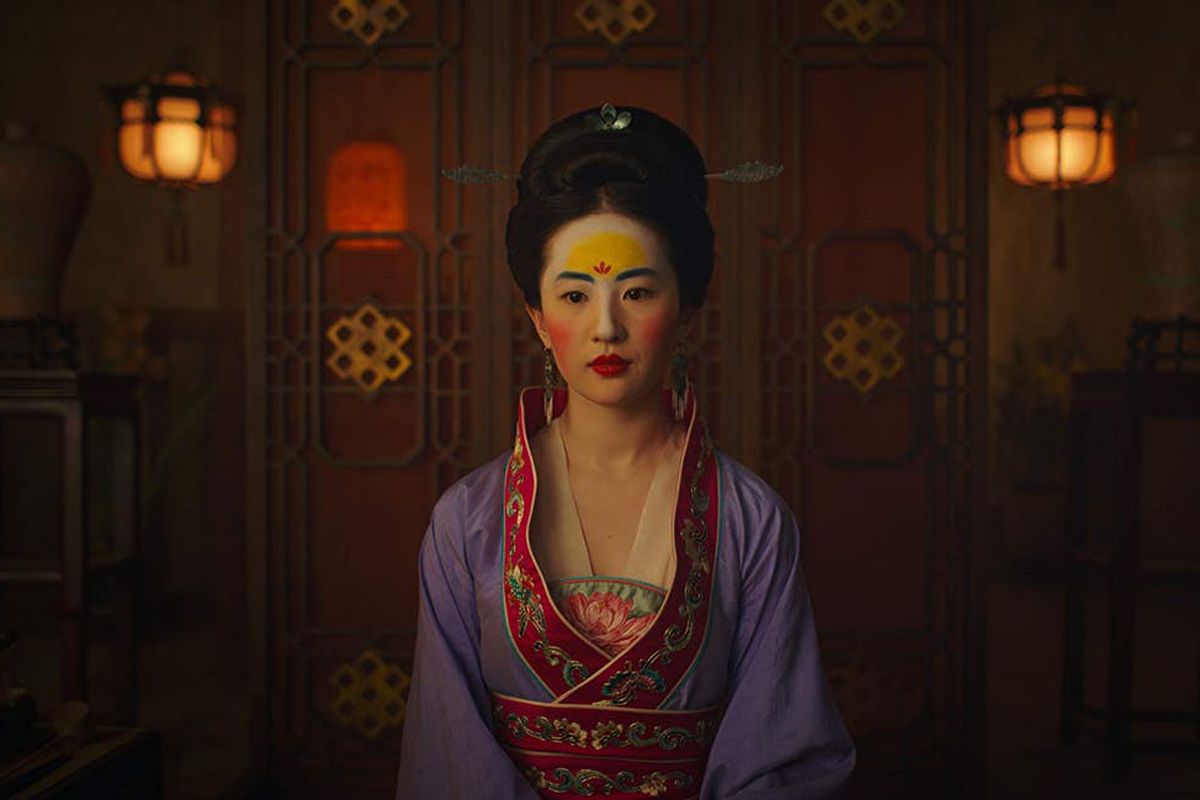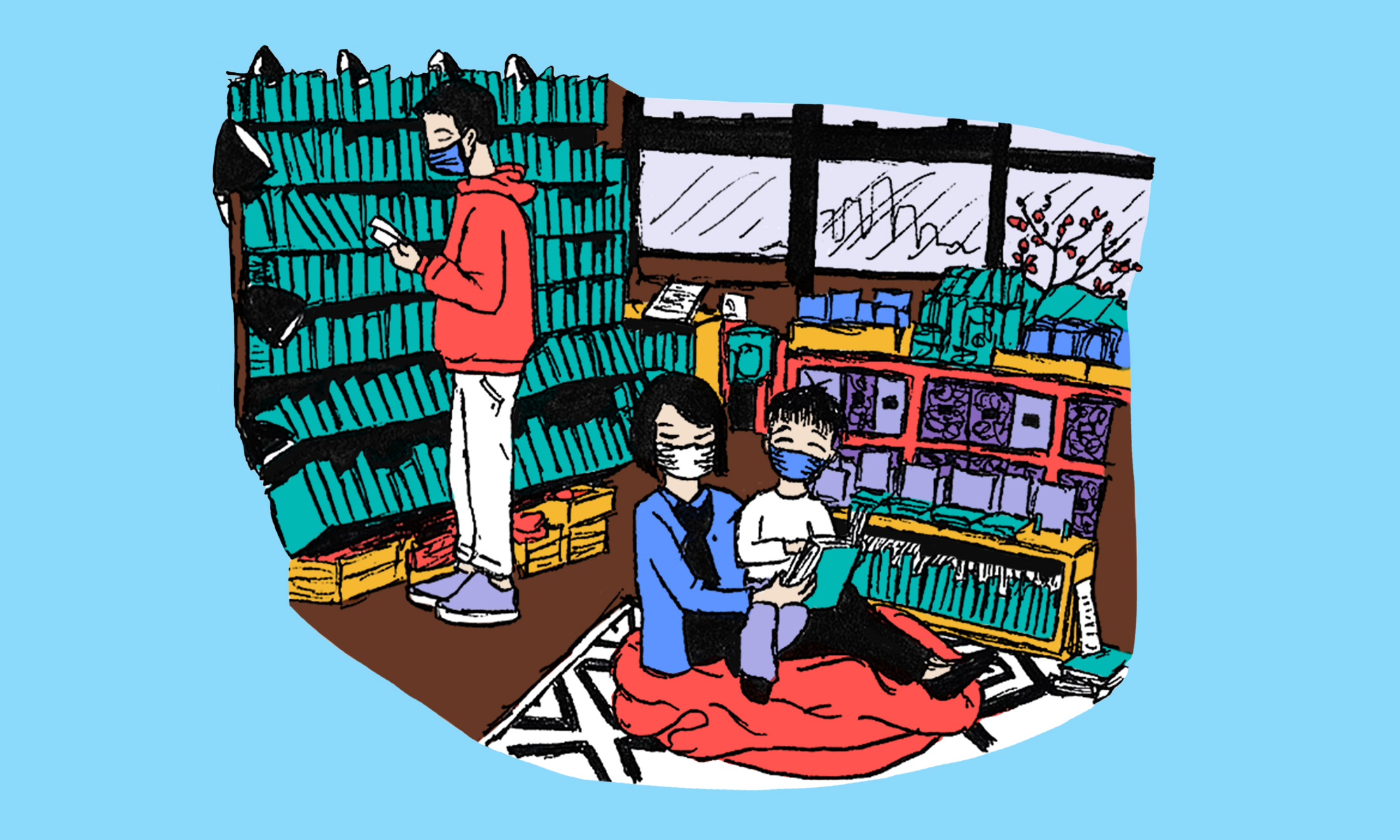
I love Mulan, but I’m boycotting the new film out of respect to my roots and all Hong Kongers
As part of the Hong Kong diaspora and a huge fan of the original Mulan film, I know that I can't separate the pro-state violence stance of the film's stars from its release on Disney+ today.
Anonymous
04 Sep 2020
Photography courtesy of Walt Disney Pictures
I’m not a fan of the live-action Disney remakes. In fact, I’ve barely watched any of them. But that’s to do with personal preference and I’ve never had a fundamental issue with any of them. When it comes to Mulan, however, like many others, I’ll be deliberately boycotting it. Honestly, I urge you all to boycott it. If not for yourself, for the millions in Hong Kong currently fighting for freedom.
Last August, after the Hong Kong protests had been happening for 10 weeks, Liu Yifei, the star of Mulan, vocalised her support for the police. On Chinese social media site Weibo, she shared a post from the Beijing newspaper People’s Daily reading, “I also support Hong Kong police. You can beat me up now.” She reiterated the sentiment with a hashtag of “I also support the Hong Kong police” with a love heart and flexed arm emoji.
There was furore, understandably. There were calls to boycott the film and people stood with Hong Kong. Now, a year later, it seems that people have all but forgotten her words. Sometimes, it even feels like people have forgotten the struggles of Hong Kong. As we all chant ACAB, we need to remember to extend it to Hong Kong. We need to remember that if the stars of Mulan are pro-police or pro-Beijing, they are pro-state violence.
On 1 July, Donnie Yen, who plays Commander Tung in Mulan, posted, “today is the celebration day for Hong Kong returned to motherland China 23 years.” It was one day after the Hong Kong security law was passed, done so through bypassing Hong Kong’s legislature. Whilst Hongkongers continued to fight for freedom, now facing even graver consequences, Donnie Yen was, in essence, celebrating their loss of freedom.
“We need to remember that if the stars of Mulan are pro-police or pro-Beijing, they are pro-state violence”
Maybe some will think I’m overreacting. Maybe some will think that you can enjoy a film without involving politics but honestly, the political and the personal always intersect. This time, both Hong Kong and Mulan cut a little too deep.
I’ve always had complex feelings surrounding Hong Kong and they’re something I’ve only really begun to unpack in the past few years. Since the protests gained ground last summer, however, my feelings have been supercharged whether I’ve wanted them to be or not.
Perhaps some of the Hong Kong diaspora don’t feel the same but a large portion of us do. Those of us born around the cusp of the 1997 handover, those of us who never knew the harsh realities of British colonial rule but remember the Hong Kong of our childhood fondly, those of us who are spread across the world but find our hearts and our souls tied to that tiny island of 7 million people – we care and we hurt. In a lot of ways, Hong Kong is more my home than the UK is. It’s my cultural home and for a while, it could have been my future home. Now, I’m not sure I could ever see myself living there.
I was in Hong Kong last summer. It was the first time I’d been back in four years. The first time I’d been back since the end of high school and the start of my active efforts to decolonise myself. It was the first time I really tried to love Hong Kong and not complain about the heat, the humidity, the amount of people, the pollution and the “annoying” traditions. But despite my best efforts, it was no longer the Hong Kong I knew. It was no longer the Hong Kong I’d imagined I could love.
I was there as the protests gained traction and watching the situation develop this past year has been distressing. After the security law was passed and for most of July, I couldn’t even be online because the news was too overwhelming.
I don’t know when I’ll go back to Hong Kong because I’m scared. I’m scared of how much more it will have changed and I’m scared of how unrecognisable my home will have become. When I think about Hong Kong, the only emotion I can feel is loss. It feels like I’m losing my history and losing my future. It feels like I’m losing my home.
In a lot of ways, Mulan also represents my home. Mulan is a celebration of Chinese culture, an illustration of tradition and family values, all delivered in English. In a way, it embodies my life. My existence is Chinese save for the language I speak and the language around me.
“I definitely don’t believe that a person who supports the repression of Hongkongers’ freedom is fit to play a brave heroine”
That’s something about Mulan I’ve realised with time. As a young girl, I loved the film because the songs were catchy, because Mushu was hilarious, because Mulan was an epic heroine and because Li Shang was the best love interest from the Disney Renaissance, but as I grew up, I began to love it for so many more reasons. But now, Mulan, a film that for so long has been my home, has now become a home for pro-police, pro-Beijing actors and honestly, it hurts.
I don’t believe a person can be separated from their art. I don’t believe a person should be separated from their art. I definitely don’t believe that a person who supports the police, who supports the repression of Hongkongers’ freedom, is fit to play a brave heroine who fights for the Chinese people. I definitely don’t believe that people who support the actions of the Chinese central government in Hong Kong should be allowed to represent Chinese people defending themselves against an invasion. This film, that was meant to be hopeful, victorious, and a love song to freedom fighting, has now become the opposite.
Mulan is an allegory for Hong Kong. Sure, it felt like a victory when its cast wasn’t whitewashed (although we mustn’t forget it is helmed by Niki Caro, a white director, and Li Shang’s bisexual identity has been completely erased), but it also felt like a victory when British colonial rule ended. Now, as we see Chinese stars ignore the plights of Hong Kong, when we see China encroaching and playing the role of the coloniser, can we truly say we’re still victorious?
Watching the repression and disintegration of Hong Kong from afar has been traumatising and heart-wrenching. Watching this version of Mulan, fronted by pro-Beijing and pro-police stars, would be the final nail in the coffin.
I won’t be watching Mulan because truthfully, I’m not ready to say goodbye to my home yet.









